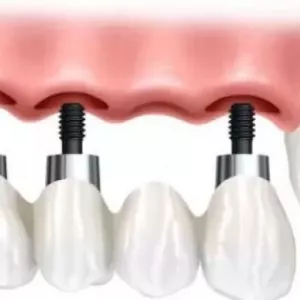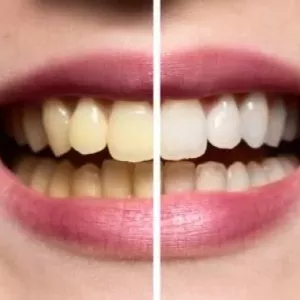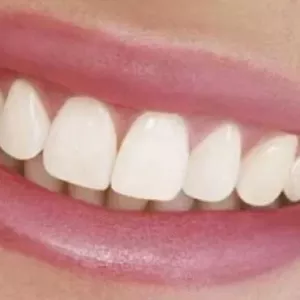الفرق بين الادخار والاستثمار: أيهما تختار ولماذا؟

مقدمة
في عالم المال الشخصي، يختلط على الكثيرين الفرق بين الادخار والاستثمار. فالبعض يعتقد أن الاحتفاظ بالمال في حساب التوفير هو نوع من الاستثمار، بينما يراه آخرون مضيعة للفرص. لكن الحقيقة أن لكل من الادخار والاستثمار دورًا مختلفًا في إدارة الأموال، ولكل منهما وقته وأهدافه ومخاطره.
في هذا المقال، سنوضح الفرق بين الادخار والاستثمار بشكل بسيط وعملي، وسنساعدك على معرفة متى تدخر ومتى تستثمر، وكيف توازن بينهما لتحقيق أقصى فائدة مالية.
ما هو الادخار؟
تعريف الادخار
الادخار هو عملية تخصيص جزء من دخلك وتخزينه في مكان آمن (مثل حساب بنكي) دون تعريضه لأي مخاطرة، بهدف استخدامه في المستقبل القريب أو للطوارئ.
أهداف الادخار
-
مواجهة الحالات الطارئة (مرض، فقدان وظيفة)
-
تحقيق أهداف قصيرة الأجل (سفر، شراء جهاز)
-
تجنب الديون في الحالات العاجلة
مزايا الادخار
-
أمان مالي
-
سيولة فورية
-
خالٍ من المخاطر
عيوب الادخار
-
العوائد منخفضة أو معدومة
-
تآكل القيمة بسبب التضخم
ما هو الاستثمار؟
تعريف الاستثمار
الاستثمار هو توظيف المال في أدوات أو مشاريع تدرّ عائدًا ماليًا مستقبليًا، مع وجود مستوى معين من المخاطر.
أهداف الاستثمار
-
تنمية الثروة على المدى الطويل
-
تحقيق دخل سلبي
-
التقاعد المريح
مزايا الاستثمار
-
عوائد أعلى من الادخار
-
تنمية رأس المال بمرور الوقت
-
الاستفادة من الفائدة المركبة
عيوب الاستثمار
-
التعرض للمخاطر (خسارة جزء أو كل رأس المال)
-
يتطلب معرفة أو خبرة
-
ليس مناسبًا للأهداف قصيرة الأجل
متى تختار الادخار؟
-
إذا كنت تبني صندوق طوارئ
-
إذا كان لديك هدف مالي قريب الأجل (مثل شراء هاتف أو السفر)
-
إذا كنت في بداية حياتك المالية وتحتاج إلى استقرار
متى تختار الاستثمار؟
-
عندما تمتلك صندوق طوارئ آمن
-
إذا كان لديك دخل ثابت وتريد تنمية أموالك
-
إذا كنت تسعى لتحقيق أهداف طويلة الأجل مثل التقاعد أو شراء منزل بعد عدة سنوات
هل يمكن الجمع بين الادخار والاستثمار؟
نعم، من الأفضل دائمًا الجمع بين الادخار والاستثمار. إليك كيف:
1. ابدأ بالادخار أولاً
قم بإنشاء صندوق طوارئ يغطي من 3 إلى 6 أشهر من نفقاتك.
2. ثم انتقل للاستثمار
بعد تأمين نفسك ماليًا، ابدأ باستثمار جزء من دخلك الشهري، حسب قدرتك.
3. وزّع أموالك بنسبة ذكية
مثال:
-
50% للنفقات
-
20% للادخار
-
30% للاستثمار
مثال عملي: أحمد موظف براتب 5,000 درهم
-
يدخر 1,000 درهم شهريًا لصندوق الطوارئ
-
بعد 6 أشهر، أصبح لديه 6,000 درهم
-
بدأ في استثمار 500 درهم شهريًا في صندوق مؤشر منخفض المخاطر
-
خلال 5 سنوات، تضاعفت أمواله وحقق دخلاً إضافيًا منتظمًا
خاتمة
الادخار والاستثمار ليسا متضادين، بل هما مكملان لبعضهما البعض. إذا أردت بناء مستقبل مالي قوي، فابدأ بالادخار للحماية، ثم انتقل للاستثمار للنمو. كل مرحلة من حياتك تحتاج إلى توازن بين الأمان والعائد، بين السيولة والنمو. اختر بحكمة، وابدأ من اليوم!
الكلمات المفتاحية (Keywords):
الفرق بين الادخار والاستثمار، ما هو الادخار، ما هو الاستثمار، متى ادخر، متى استثمر، نصائح مالية، ادخار الأموال، استثمار الأموال، الحرية المالية، تخطيط مالي، تعليم الاستثمار، استثمار شخصي.







